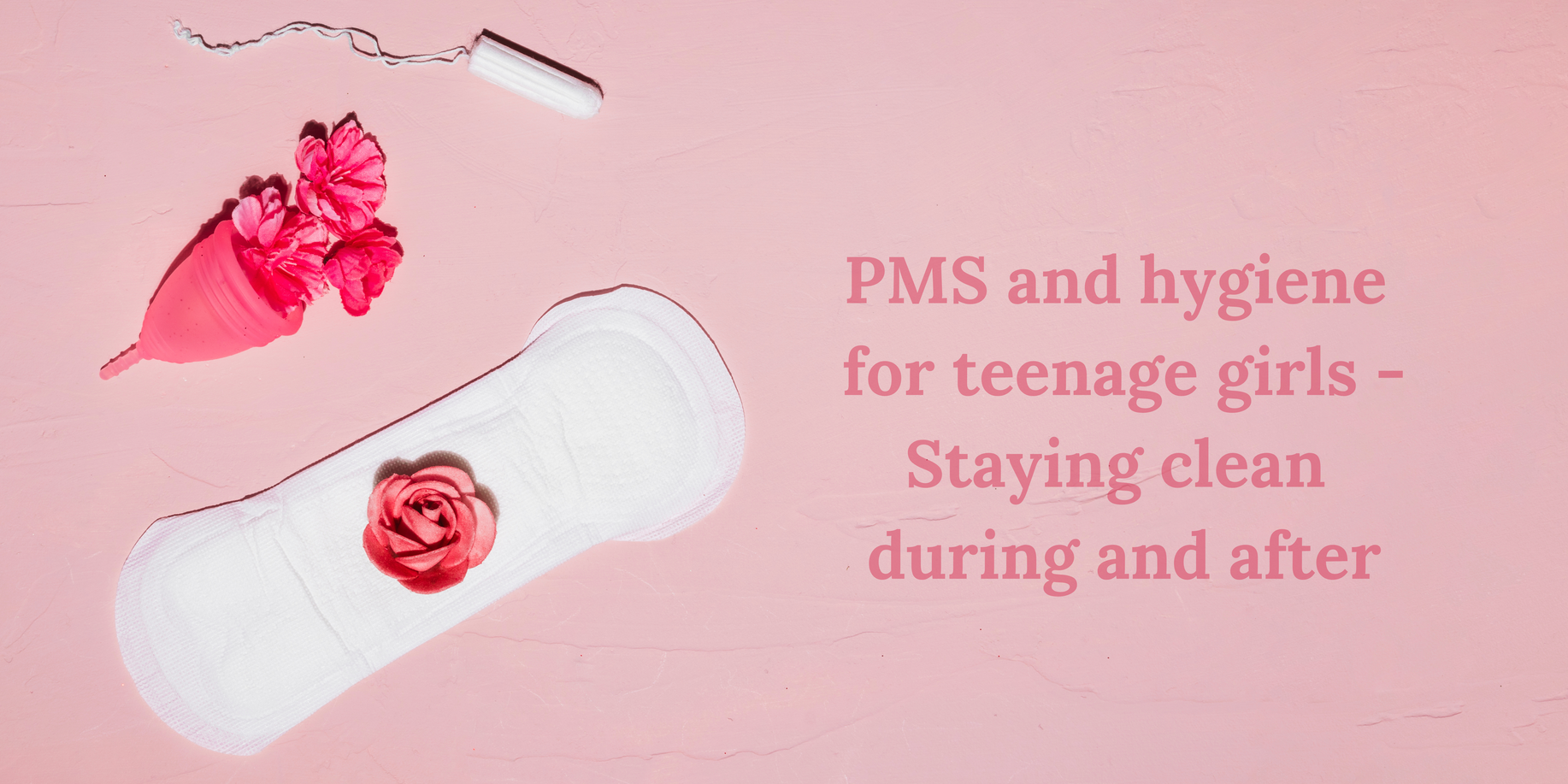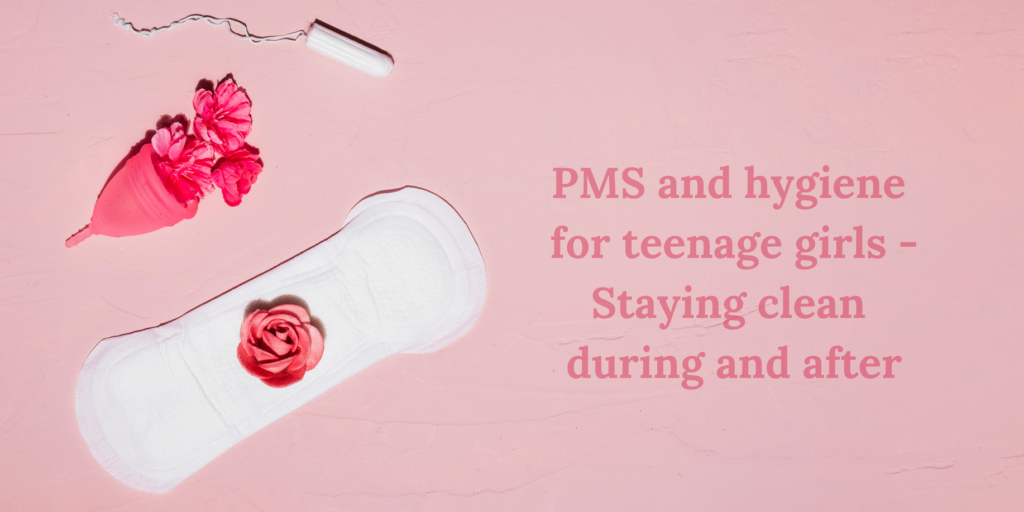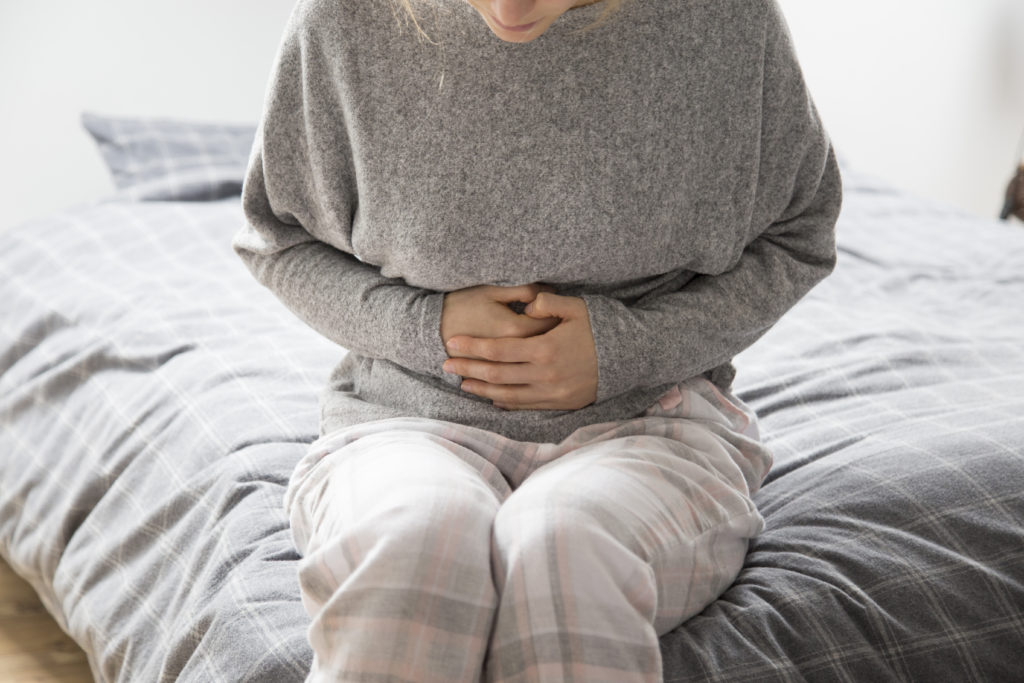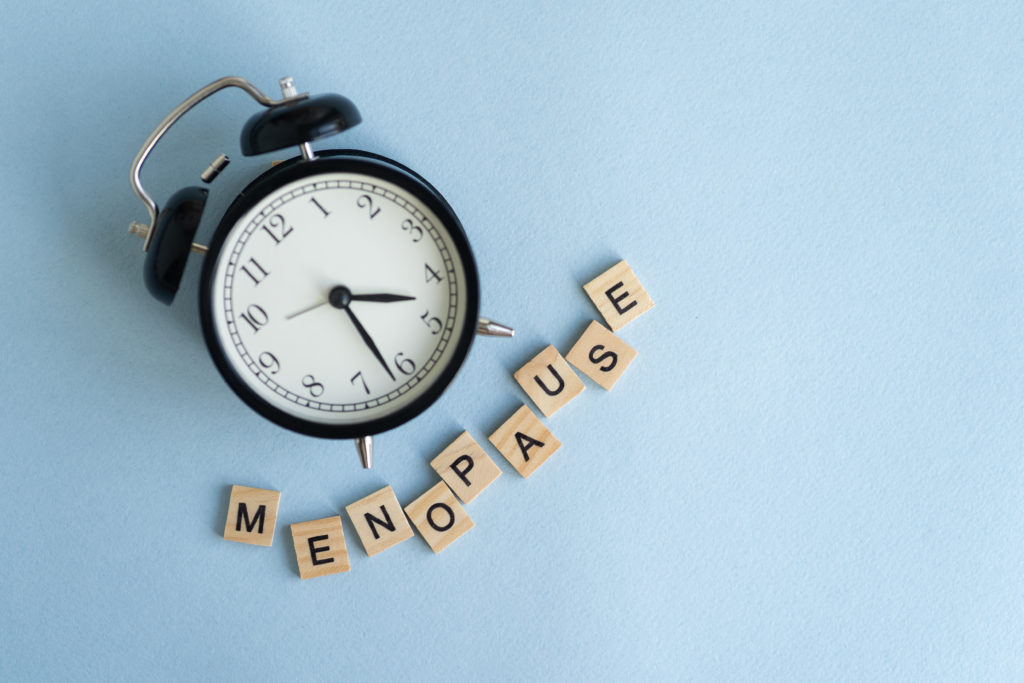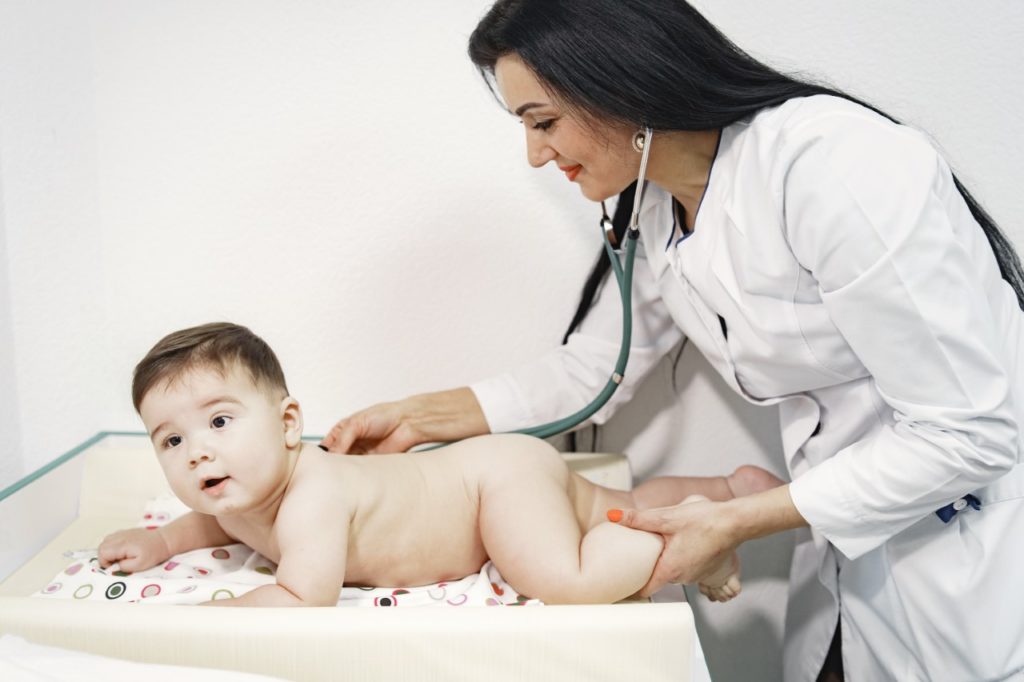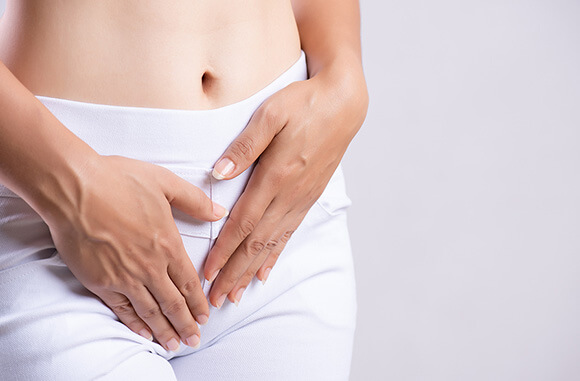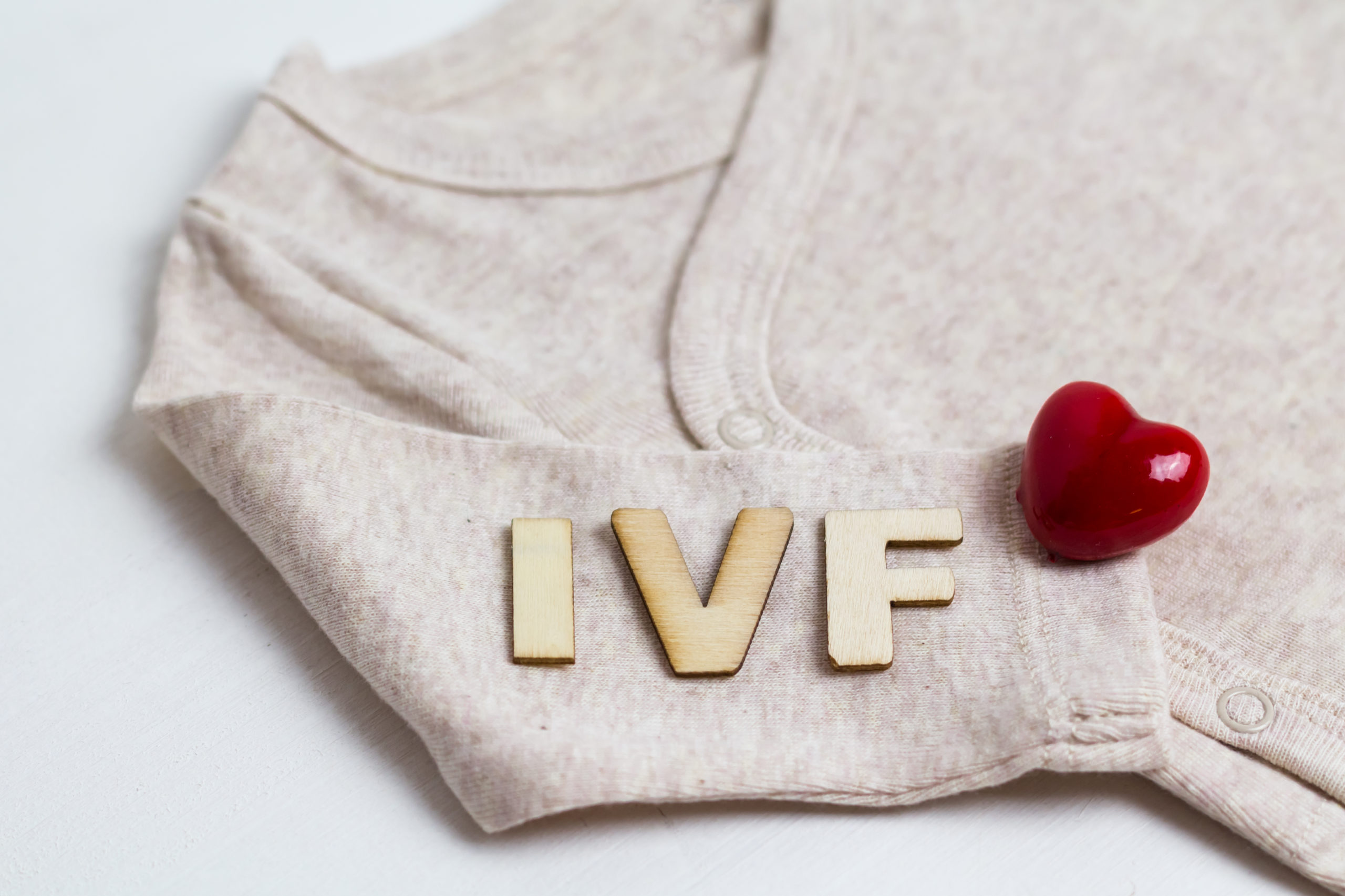Author: Dr. Sushruta Mokadam, MBBS, MD
Senior Consultant – Obstetrician & Gynaecologist, Motherhood Hospitals, Kharadi

Many women go through painful intercourse at some point in their lives which could be because of various issues, from structural problems to psychological concerns. The medical term for this condition is dyspareunia, which is defined as recurrent or persistent genital pain that can be experienced before, during or after intercourse. Get in touch with your doctor for dyspareunia treatment if you’re facing the same. The treatment includes finding the cause and eliminating to counter the problem.
Symptoms
In case of painful intercourse, women may experience these symptoms:
- Pain only during penetration
- Pain during each penetration (including putting in a tampon)
- Severe pain during thrusting
- Burning or aching pain
- Throbbing pain that may last hours after intercourse
- Absence of required lubrication: not indulging in enough foreplay may often result in the absence of lubrication. Additionally, a drop in estrogen levels post-menopause or childbirth or during breastfeeding is another potential cause. There are medications available in the market such as birth control pills, high blood pressure medication, antihistamines and sedatives that hampers the sexual desire or arousal in the woman which reduce the lubrication causing painful sex.
- Irritation, Injury or Trauma: Any injury or irritation due to an accident, female circumcision, pelvic surgery or cut made during baby delivery to enlarge the episiotomy at best gynaecologist obstetricians in Bangalore.
- Skin disorder, inflammation or infection: Infection in the urinary tract or genital area can lead to painful intercourse. Along with this, skin problems such as eczema or more can also pose trouble.
- Vaginismus: the involuntary spasms of the vaginal wall muscles make penetration painful for women.
- Congenital abnormality: Problem that exists since birth such as the development of a membrane that blocks the vaginal opening or the absence of a fully formed vagina can result in dyspareunia.
- Various illnesses or conditions: deep pain can be caused because of illnesses or conditions such as ovarian cysts, endometriosis, haemorrhoids, pelvic inflammatory disease, adenomyosis, uterine prolapse, pelvic floor dysfunction, retroverted uterus, irritable bowel syndrome, cystitis and uterine fibroids.
- Medical treatments or any surgery: any damage from pelvic surgery, including hysterectomy can result in painful intercourse. Additionally, medical treatments for cancer which includes radiation and chemotherapy contributes to making your sex experience painful.

Emotional factors
- Psychological issues: worrying about self-appearance, constant depression or anxiety or stressing on relationship or lack of physical intimacy can result in low-level arousal along with discomfort or pain.
- Stress: high level of stress in your life can cause your pelvic floor muscles to tighten up which contributes to painful intercourse.
- Sexual abuse history: this is not a mandate cause but if a woman has been abused sexually in the past then it may play a role.
Stop suffering in Silence
Painful sex is not something to be ashamed about, it has a cause that can be treated once identified. If you have been avoiding sex because of the pain then it’s time to see visit Motherhood Hospital and see the best gynaecologist to accurately diagnose the cause of the pain. We have an excellent team of experienced super specialists backed by the latest in infrastructure who will answer your problems with utmost care and attention.
We have the expertise to handle complex deliveries, gynaecological, and various other surgeries. Do take an appointment at a centre closest to you and our doctors will make the required investigations, diagnose the issue and recommend the most appropriate treatment, enabling you to lead an active life.
At Motherhood Hospitals, we deliver exceptional healthcare services to women and children with highest standard of care and competence.
Book your Appointment with Dr. Sushruta Mokadam, for all the Gynaecological issues.


 Toll Free Number
Toll Free Number








